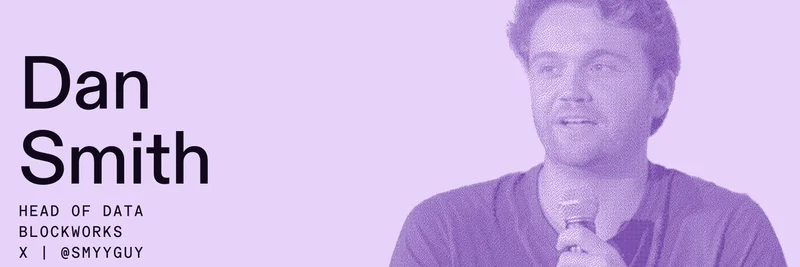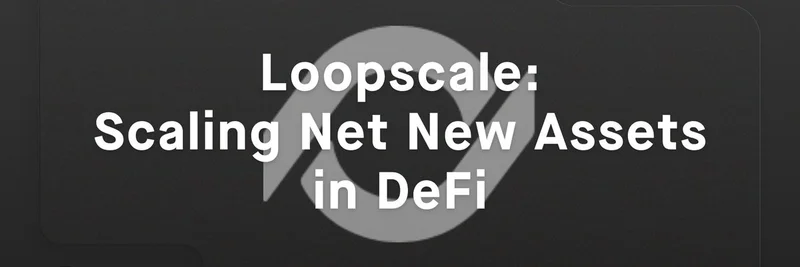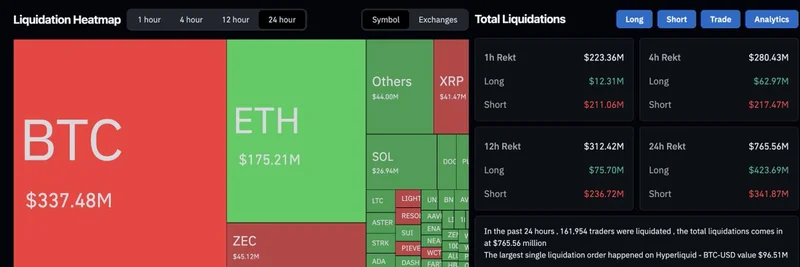In the ever-evolving world of decentralized finance (DeFi), hacks are unfortunately part of the territory. A recent tweet from crypto journalist Laura Shin highlights a thought-provoking clip from her podcast "DEX in the City," featuring Tuongvy Le, General Counsel at Veda. The discussion centers on the Balancer hack and raises a crucial question: When a network forks to recover lost funds, does that set a precedent or create a duty to do the same in future incidents?
Balancer, for those new to DeFi, is a decentralized exchange (DEX) protocol that allows users to create and manage liquidity pools for various tokens, including popular meme coins. These pools are essential for trading meme tokens without relying on centralized exchanges. But when a hack occurs, like the one that hit Balancer, it exposes vulnerabilities that can wipe out millions in user funds.
In the clip, Tuongvy Le points out that such incidents reveal a key tension in the crypto space. "This incident, just like others that have come before it, reveals this really interesting tension," she says. "I think it's this idea that decentralization is not binary." Even blockchains that pride themselves on being immutable (unchangeable) or permissionless (open to anyone) sometimes feel compelled to step in when users lose big.
Le explains that chains claiming immutability might still intervene, like forking the network to reverse transactions and recover funds. But here's the kicker: Does doing that once create a "de facto fiduciary duty" – basically, an unspoken obligation – for validators (the folks securing the network) to act every time? It's a slippery slope that challenges the core ethos of "pure DeFi," where code is law and interventions are rare.
For meme token enthusiasts, this debate hits close to home. Meme coins often thrive on DEXes like Balancer, Uniswap, or Raydium, where liquidity pools fuel their wild price swings and community-driven hype. A hack on these platforms could tank a meme token's value overnight, affecting retail investors who pile in for the fun and potential gains. If a network like Ethereum or Solana (home to many memes) decides to fork after a major exploit, it might save funds but undermine trust in decentralization. On the flip side, not intervening could lead to massive losses and scare away participants.
Think about historical examples. Back in 2016, the Ethereum network forked after The DAO hack to recover funds, leading to the split into Ethereum and Ethereum Classic. That decision still sparks debates today. In the meme world, similar issues could arise if a popular token like Dogecoin or a Solana-based meme gets exploited through a DeFi protocol. Would the community push for intervention, or stick to the "code is law" principle?
Laura Shin's tweet sums it up nicely: "Decentralization was never binary, but how much intervention is too much?" It's a question blockchain practitioners, especially those in the meme token space, need to ponder. As meme tokens evolve from jokes to serious assets with real utility, understanding these dynamics can help you navigate risks better.
To stay safe, always do your due diligence: Check for audits on DeFi protocols, diversify your holdings, and use hardware wallets for large amounts. If you're building or investing in meme tokens, consider how network governance might affect your project in a crisis.
For the full episode, check out Laura Shin's podcast. It's a must-listen for anyone serious about DeFi and crypto's future. What are your thoughts – should networks intervene after hacks, or let the chips fall where they may? Share in the comments below!




